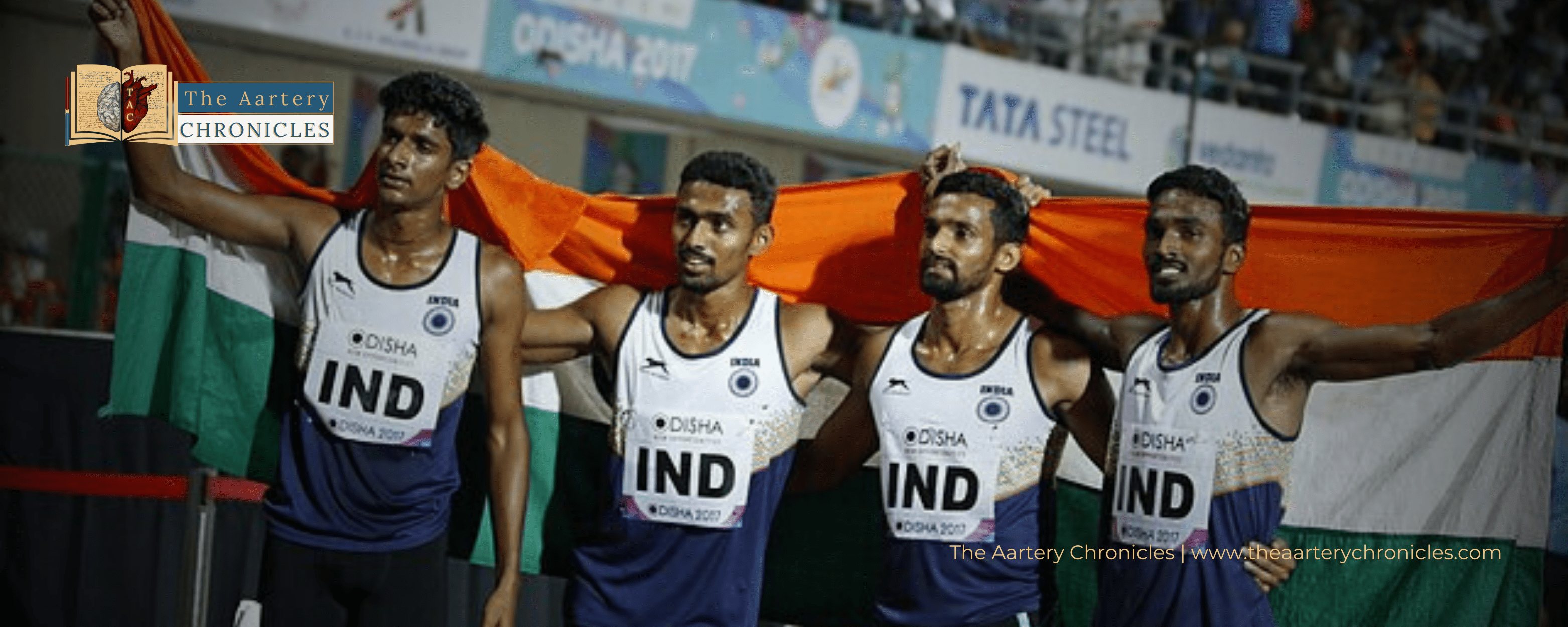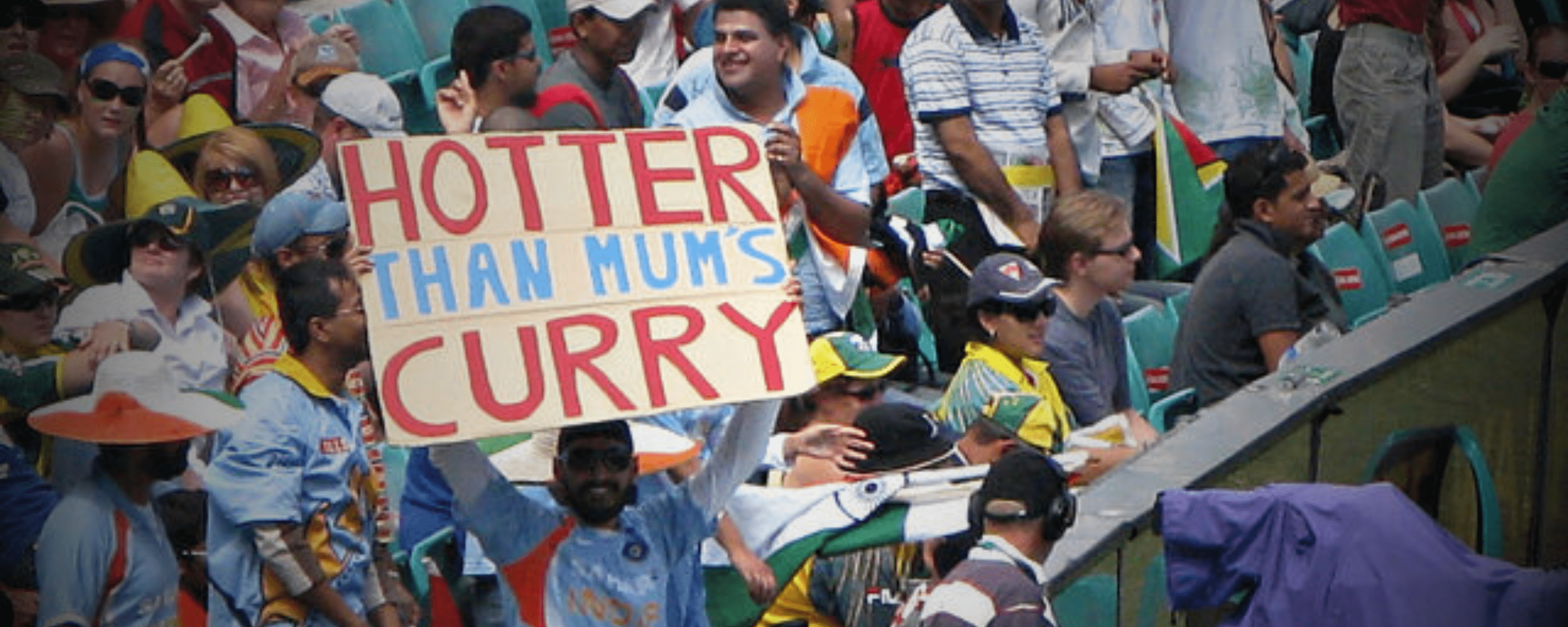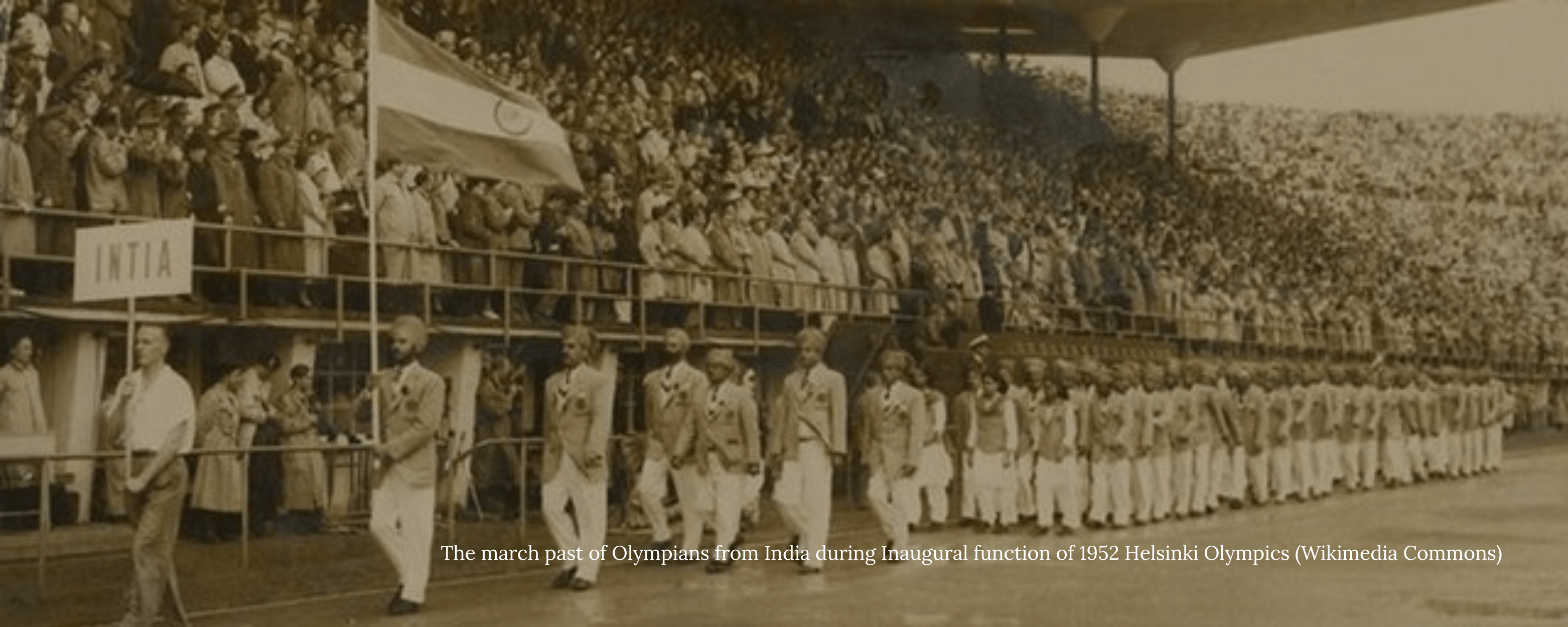

How Can Indian Athletes Win More Medals At The International Level?
The Cricket World Cup 2023 is just a few days away. India will be hosting the prestigious tournament on October 5. Fans all over India are cheering for their cricketing heroes. However, somewhere down the line, other sports would be sidelined till the ‘cricket fever’ subsides. As they say, “Cricket is a religion in India.” Unfortunately, other sports like Football have been unsuccessful in penetrating the minds of the general Indian populace.
India has a rich history in Football with decorated clubs and the team even playing Football in the Olympics. However, the Indian Football team still finds itself in a disappointing 106th place in the FIFA rankings. Europe on the other hand had 13 teams representing their continent at the FIFA World Cup 2020.
The scenario remains the same when it comes to other sports as well. Indian athletes made the nation extremely proud by winning 61 medals and finishing fourth at the 2022 Commonwealth Games. However, Indian athletes haven’t been able to translate that success at the world level. Things are changing with India having their best Olympics ever with 7 medals at the recent Olympics. Olympic Javelin Throw gold medallist Neeraj Chopra recently won the 2023 World Athletics Championship. However, on the whole, Indian athletes still haven’t been able to consistently win medals at prestigious events. To put things in perspective, India’s total Olympic medal tally ever stands at 35 medals. A European nation comfortably wins way more than 35 medals in a single Olympic tournament.
Indian athletes, except Cricket, continue to face many social, financial, and infrastructural issues at all levels. The raw talent needs to be more utilized and impedes India from achieving even greater heights. The following are some factors to improve at grassroots levels to make sure that Indian athletes can consistently win medals at the international level.
Lack of Sports Culture
Sports have never been given importance in the life of an Indian kid. Indian parents are ingrained to direct their kids toward the typical route of academics. Sports take a backseat due to the burden of schools, tuition, and self-studies. Children are often restricted from pursuing sports as a punishment. Sports are often unfairly labelled as distractions, which detrimentally impacts a child’s developmental years. Such labelling prevents children from discovering their talents and acquiring essential life skills such as teamwork, discipline, and focus. Consequently, this trend has contributed to physical health issues among children, including obesity and excessive screen time.
Lack Of Sports At College/University Level
The same story continues when a child goes to college and university. At this point, a child has some freedom to pursue a sport for recreational purposes. However, a sport is never considered to be a career pathway in India. A student-athlete gets little to no support. European countries and America, on the other hand, have robust sports and training. A college student is directly thrown into a program of the sport of their choice. The program is structured in a way that wouldn’t impact studies. A student learns a lot about themselves even if they don’t want to pursue the sport as a career. They also have sports-related scholarships.
Lack of Infrastructure
A student and even an athlete fail to get the basic amenities required to excel in a particular type of equipment and kits are expensive for an athlete to afford and impede their sporting prowess. There are other infrastructural deficiencies like lack of courts, lack of tracks, lack of grounds, etc. Even a national-level athlete has to battle a lot of infrastructural issues to even practice, let alone excel at a sport and win. This is not the case in European countries. They invest a formidable chunk of their GDP in sports. Athletes get high-quality equipment and facilities. They also get world-class doctors, physiotherapists, and strength and conditioning coaches which help their progress.

Too Much Impetus on Cricket
Cricket has also been considered as a sole of extreme importance. Sports other than cricket have always been neglected. The Indian Cricketing Board (BCCI) finances around 60-70% of the total cricket expenditure of the entire world. However, India fails to finance other sports. Other sports in India fail to even get sponsors and broadcasters, which affects the growth of a sport in India that is already struggling. Athletes of other sports are not paid as well and have to resort to either leaving the sport or pursuing an alternate job.
Gender Discrimination
Indian girls and females have always been marginalized in every aspect, especially in sports. Indian girls are prohibited from playing any sport from a very young age. This shatters their dreams. Recently, it has been the female athletes who have made India proud. Athletes like Mary Kom, PV Sindhu, Saina Nehwal, Jhulan Goswami, Mitali Raj, and many more, continue to be a source of inspiration for many girls around the country. Some other issues include low socio-economic status, improper diet, and nutrition, genetics, politics, favouritism, etc., to name a few. However, it is high time for India to address these. A lot of talent is suppressed at a young age, hurting our passionate country’s rich sporting culture. As the old saying in our country goes, ‘Take politics out of sports, and there will be medalists on every street of India’.

Conclusion
In conclusion, India’s potential to excel in a wide range of sports at the international level remains largely untapped due to various systemic challenges. To unlock this potential, a shift in cultural attitudes towards sports, particularly at the grassroots level, is imperative. Encouraging sports as a viable career option, improving access to quality infrastructure, reducing the overwhelming emphasis on cricket, addressing gender discrimination, and investing in athlete development and support are all critical steps. The recent successes in cricket and the Olympics show that India possesses exceptional talent, and with concerted efforts to remove these barriers, there is a bright future ahead where Indian athletes can consistently shine on the global stage, bringing glory to the nation in diverse sporting disciplines. It is time to channel the passion and potential of India’s youth into a winning spirit that extends far beyond the cricket field.

Author: Dr Amey Patil








